Risk-sharing agreements (RSAs) have been introduced to allocate risk between payers and pharmaceutical companies, often taking the form of outcome-based or financial-based models. This study seeks to explore the perspectives of key stakeholders within Singapore’s...
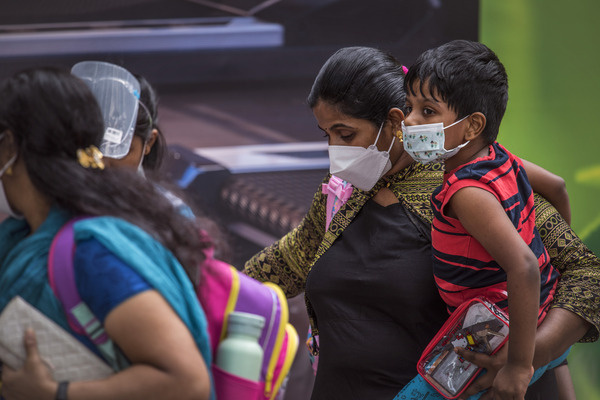
Malaysia’s Ministry of Health explores adoption of Diagnostic Related Groups
Malaysia’s Health Minister has announced that Ministry of Health is exploring the adoption of the Diagnostic Related Groups (DRG) payment system in private hospitals to address rising healthcare costs.According to The Edge Malaysia, as reported by Syafiqah Salim,...

Strategic purchasing in health: lever for universal health coverage in Côte d’Ivoire
Initiatives in Côte d'Ivoire to reform its health financing and implement strategic purchasing of primary health care aim to accelerate universal health coverage. International organizations provide technical support, just as the P4H Network provides expertise...
Health Financing Progress Matrix Sub-national assessment Jammu and Kashmir, India
The report highlights strengths and weaknesses in Jammu and Kashmir’s current health financing arrangements, assessed against the desirable attributes of a health financing system based on global evidence. Based on the findings, the report suggests several policy...
Moving towards Universal Health Coverage: Sudan
This World Bank series report provides an in-depth analysis of Sudan's efforts to achieve universal health coverage (UHC). It highlights national initiatives in health service delivery, financing, and governance, alongside key challenges such as high out-of-pocket...
Health Financing in Sudan: Insights from the 2023 Conflict
In this article, researchers analyze the impact of the 2023 Sudanese conflict on the country’s fragile health financing system through interviews with key policymakers. Findings reveal that while the conflict has exacerbated resource allocation challenges,...
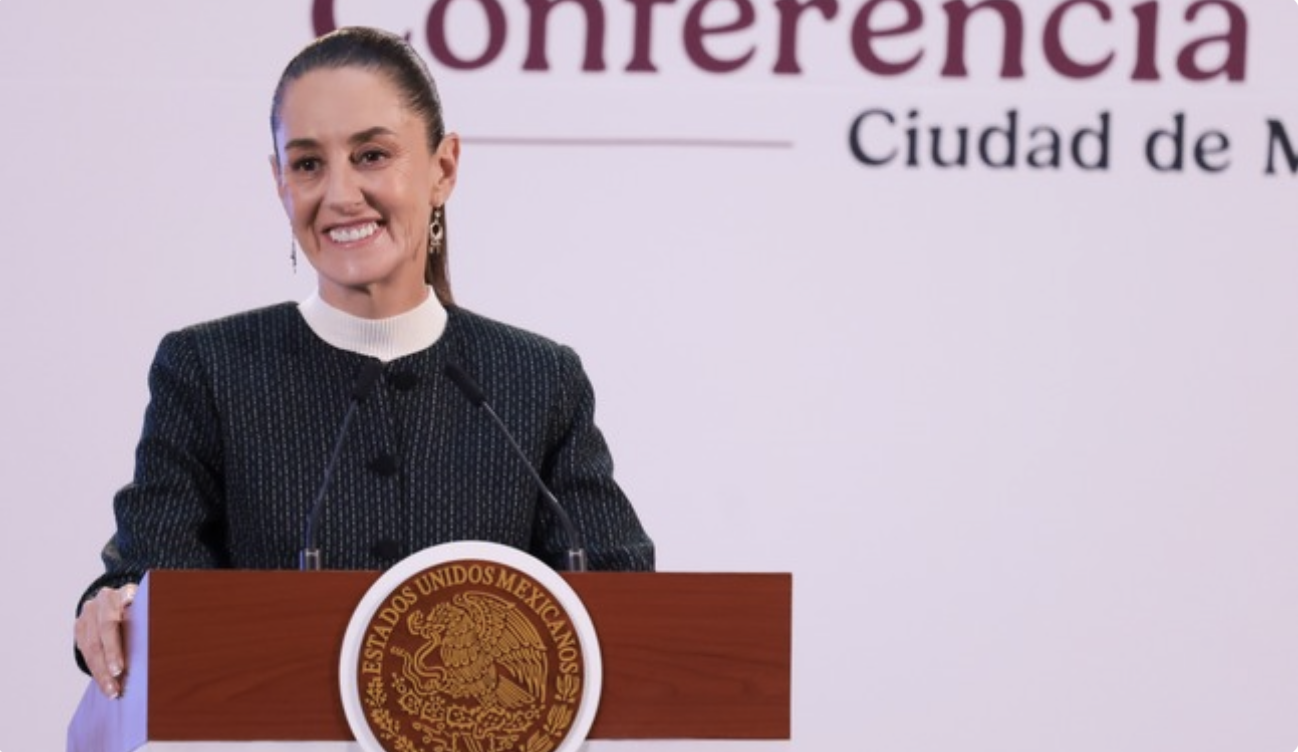
New mechanism for the purchase of medicines and medical supplies in Mexico
This new contracting model will improve efficiency, transparency and the supply of medicines and supplies needed in the health sector.The President of the Republic emphasized that the New Model of Consolidated Procurement of Medicines and Medical Supplies in Mexico...
Performance-Based Financing (PBF) Procedures Manual for Health Facilities
This manual provides comprehensive guidelines for implementing Performance-Based Financing (PBF) in Rwandan health facilities, including hospitals and health centers. It outlines the principles, structures, and operational procedures of the PBF system, designed to...
Health financing in Botswana: A landscape analysis
The report provides a comprehensive overview of Botswana's health financing landscape. Key areas covered include Botswana’s health financing structure, fiscal space for health, health expenditure trends, resource needs, and the funding gap. It evaluates the...
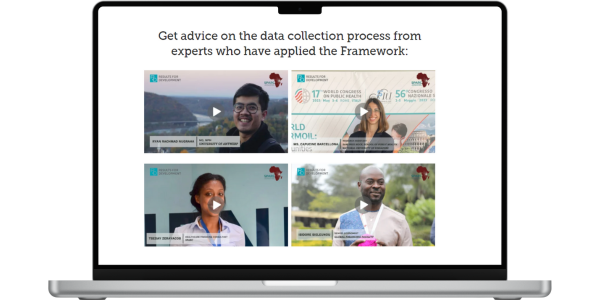
R4D and SPARC unveil toolkit to enhance strategic health purchasing
R4D and SPARC have launched a toolkit to help countries evaluate and improve strategic health purchasing. The toolkit offers guidance for optimizing healthcare spending, with resources and real-world examples from over 20 countries in Africa and Asia. Results for...
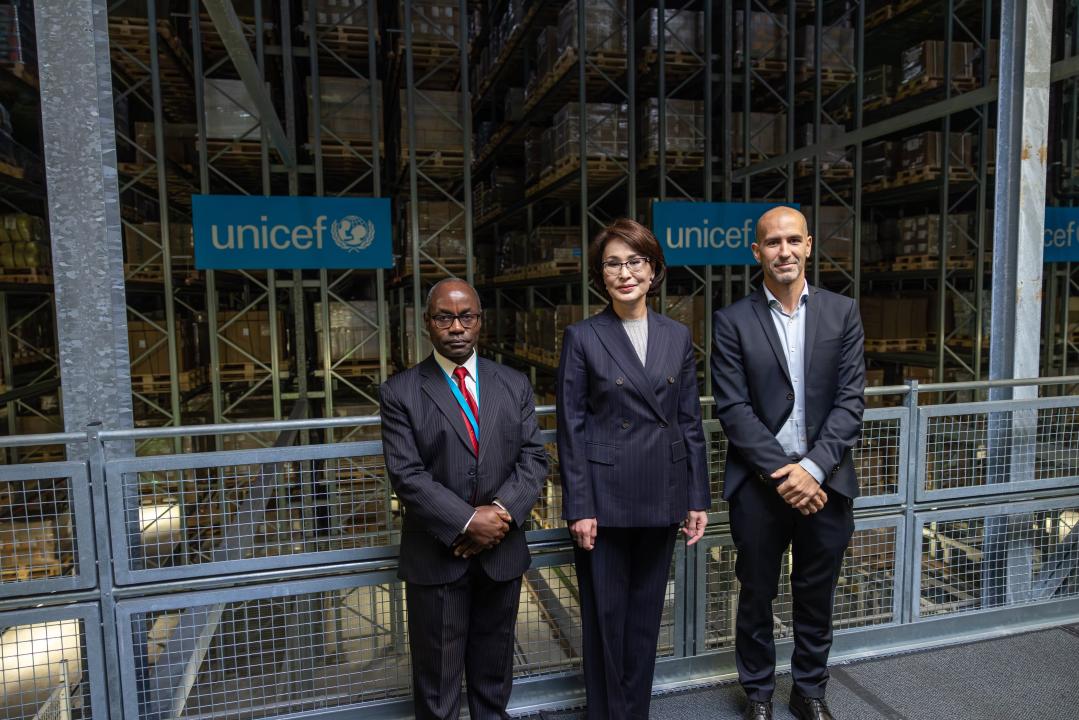
UNICEF helps Kazakhstan to expand access to medicines through lower prices
Kazakhstan's Ministry of Health announced an increase in the list and volume of vital drugs and antiretroviral vaccines. The agreement was reached during a visit to UNICEF’s procurement center in Copenhagen, ahead of the 74th WHO Regional Committee for Europe session...
Chronic disease management programme (PROLANIS) in Indonesia
In response to the significant rise in the prevalence of chronic diseases, Indonesia’s national health insurance agency (Badan Pengelola Jaminan Sosial Kesehatan or BPJS Kesehatan) implemented several purchasing arrangements for managing chronic conditions under the...
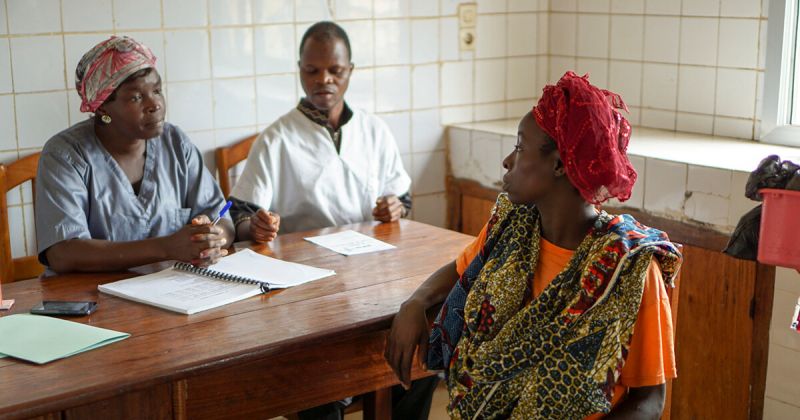
R4D Q&A with Cheryl Cashin and Nathaniel Otoo on strategic purchasing for health
Cheryl Cashin and Nathaniel Otoo discuss strategic purchasing for health in an interview with Results for Development, highlighting its role in maximizing healthcare efficiency and supporting universal health coverage. They also introduce the Strategic Purchasing...
Saudi overhauls healthcare financing
Saudi Arabia is undergoing a significant transformation of its healthcare system as part of its Vision 2030 initiative, focusing on a comprehensive overhaul of healthcare financing. The new approach shifts from a traditional model, where providers are compensated...
Connecting the dots for leveraging quality data in health care in Africa and Asia
The report 'Connecting the Dots: Quality-of-Care Data for Purchasing Primary Health Care in Burkina Faso, Kenya, the Philippines, and Uganda', published by ThinkWell, explores the critical role of quality-of-care data in enhancing purchasing decisions for primary...
